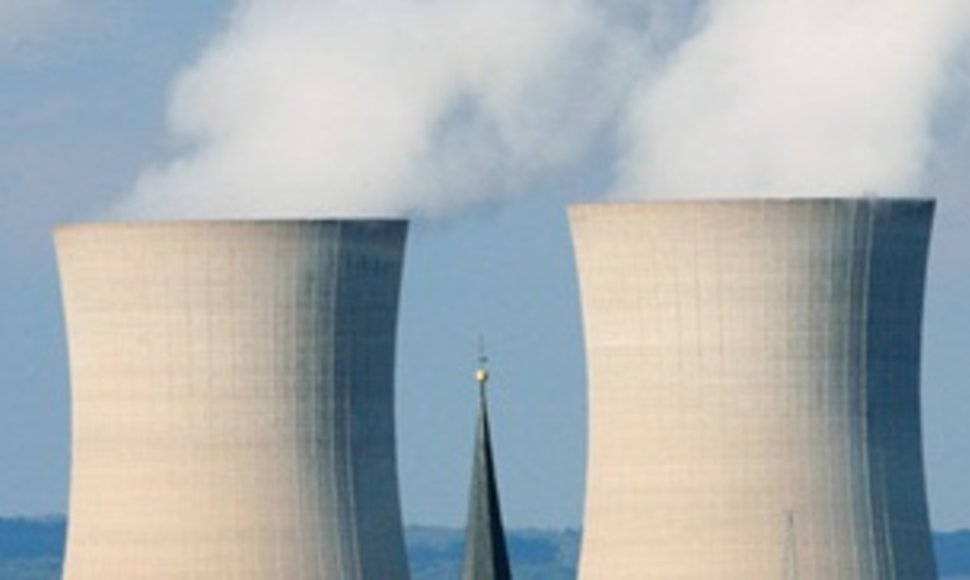“There is no information about people’s movement and risk, only about business processes,” Yuki Tanabe, representative of Japan’s Center for a Sustainable Environment and Society (JACSES), said during a live online news conference on Thursday.
“It is very difficult to find out more about it [the project in Lithuania] but we need more information. I think if the Japanese public is informed that the Japanese government is trying to export the nuclear power to countries like Lithuania, Vietnam or Jordan, people will not like that. I strongly believe that the majority of the Japanese public would not say that it is a good idea,” Aileen Mioko Smith, representative of Japan’s NGO Green Action, said during the conference.
The organization put pressure on Japan’s financial institutions, including the Nippon Export and Investment Insurance (NEXI) and the Japan Bank for International Cooperation (JBIC), urging them to tighten the safety requirements under which the nuclear power plant projects could be financed, Tanabe said.
“Basically, we are against the nuclear export, unless the JBIC makes additional guidelines, that there should be higher nuclear safety standards. So we are pushing towards higher standards,” he added.












